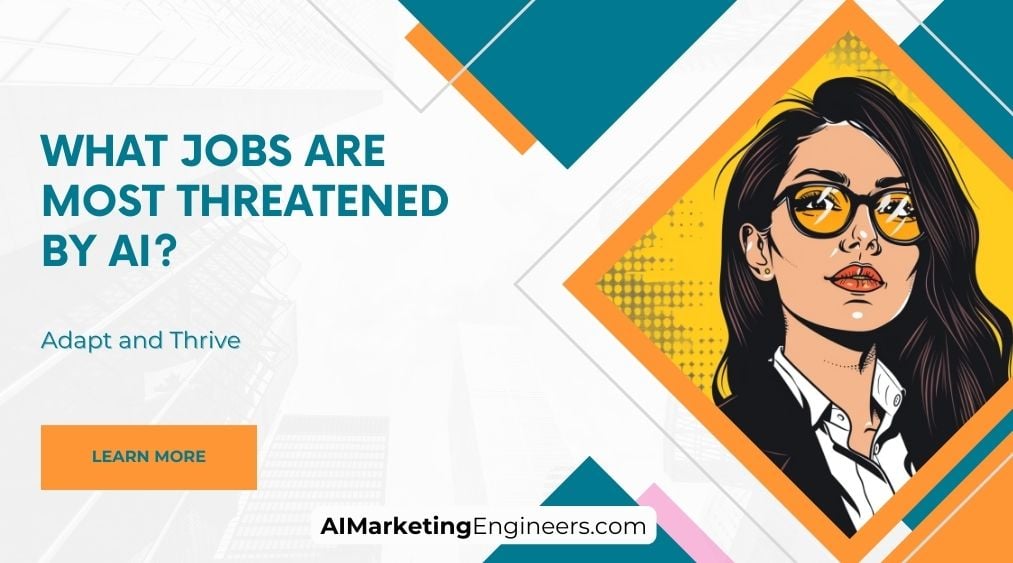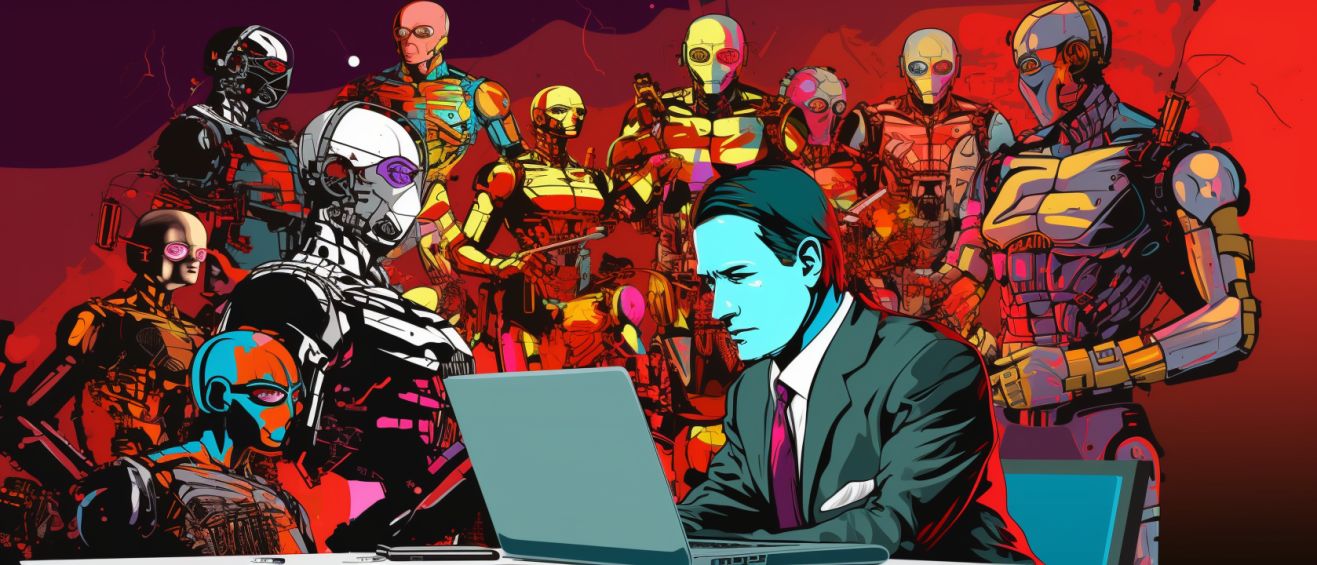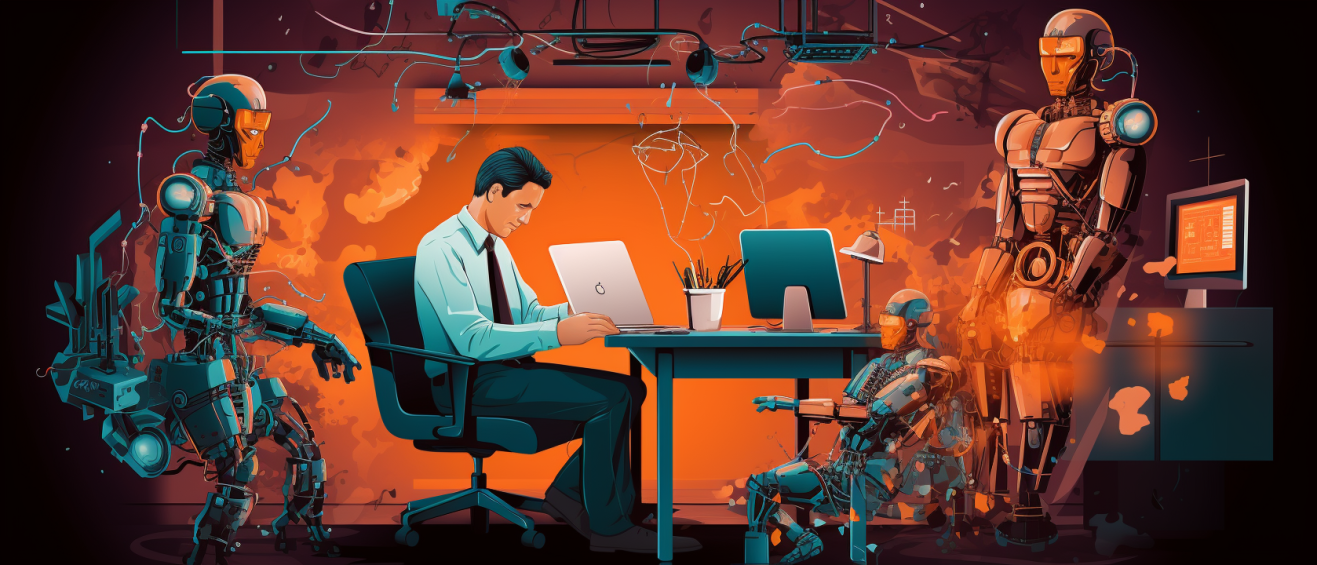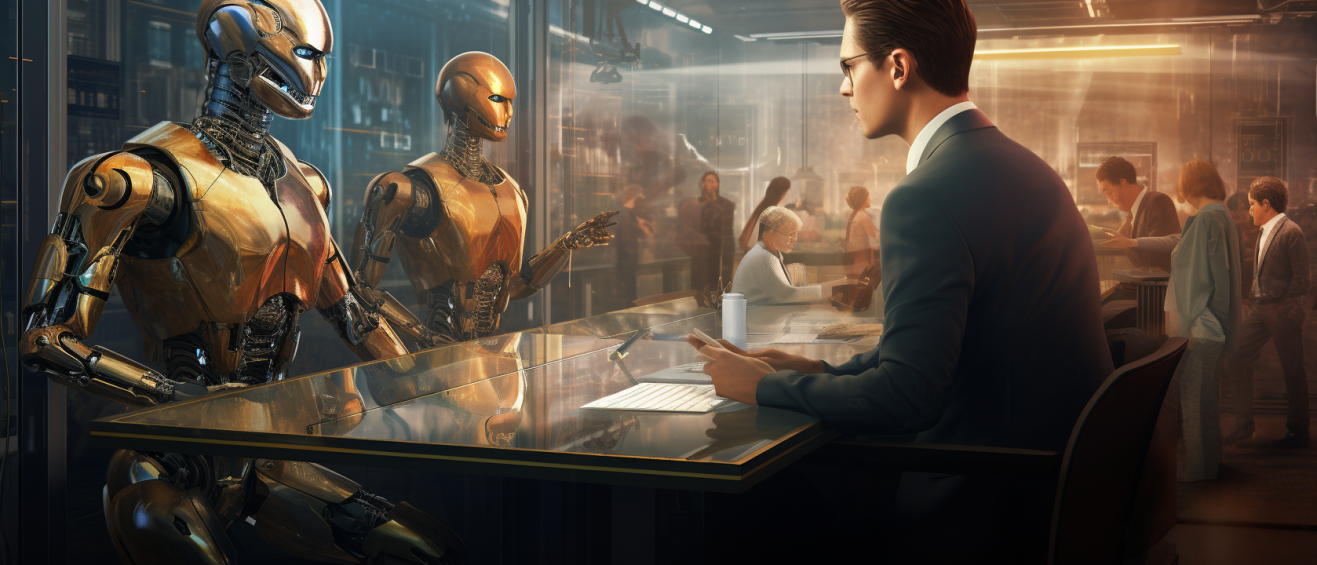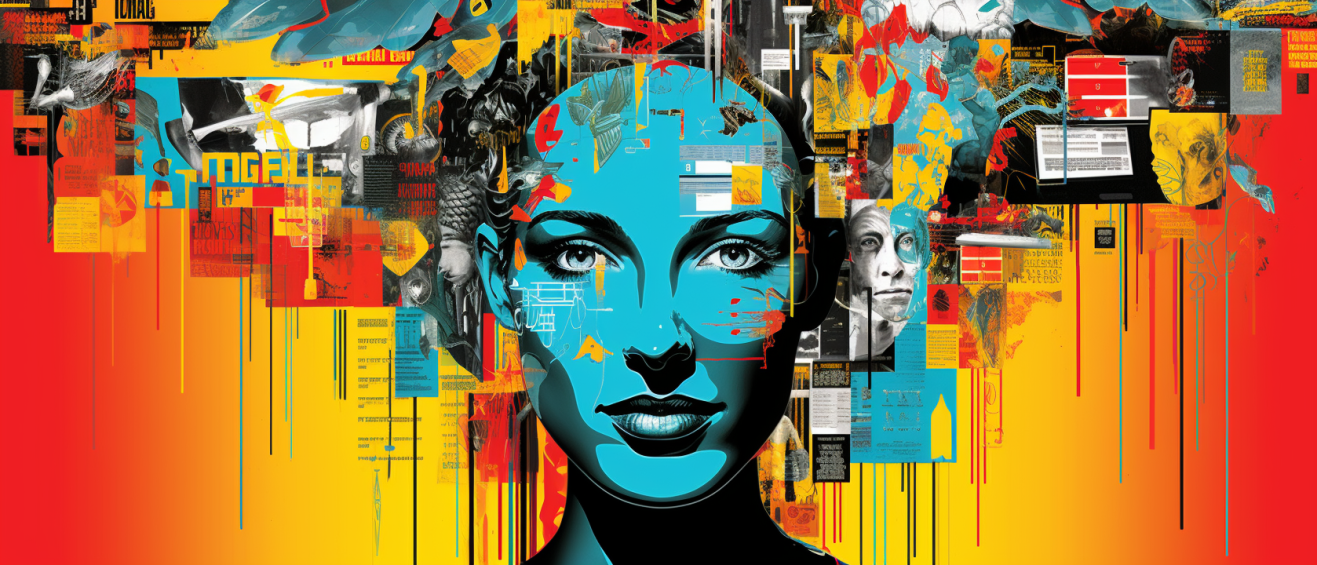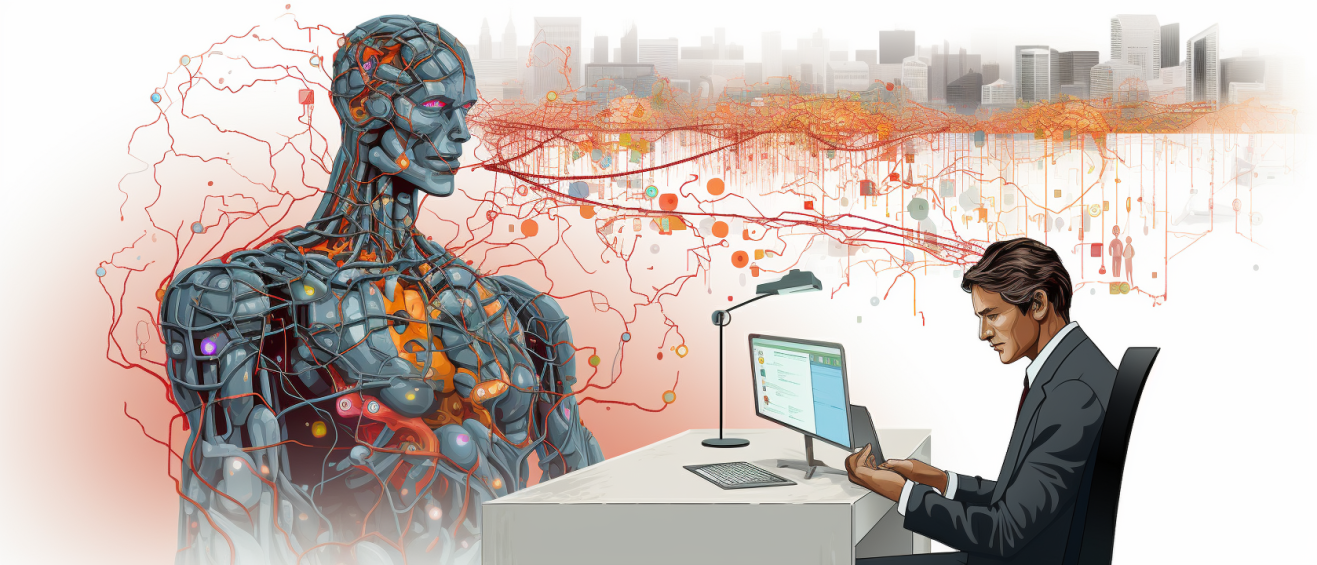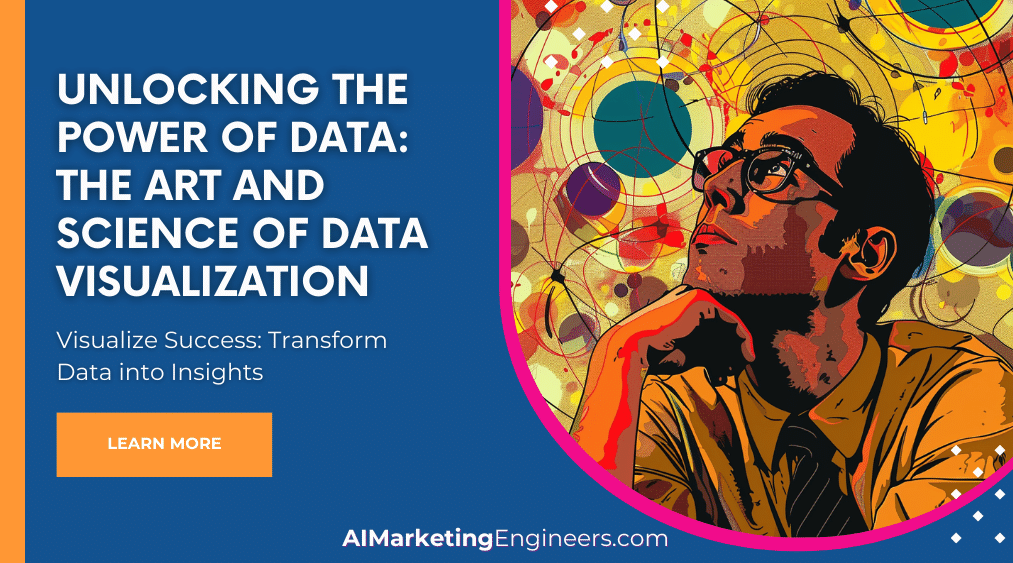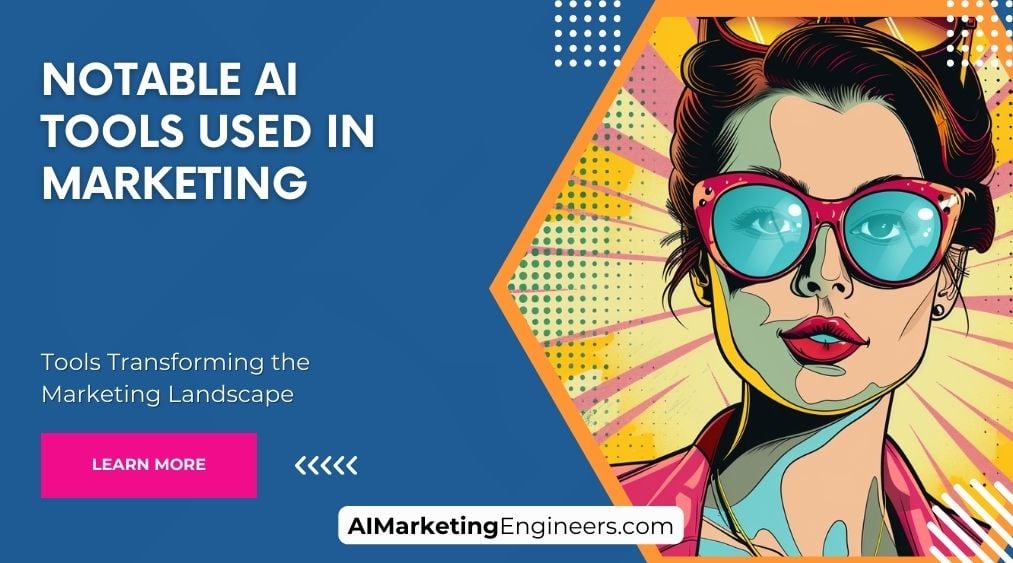Key Takeaways
✅ Predictable tasks in various industries: Look around; if a job has a ‘rinse and repeat’ kind of nature, chances are AI's got its eyes on it. Data entry specialists, telemarketers, and even some retail staff might find themselves needing new skills as AI becomes a more efficient, tireless worker.
✅ Professions relying heavily on information processing: Crunching numbers and sifting through files all day? Jobs like accountants and paralegals might face an AI makeover. Thanks to AI's ability to devour and analyze data at unprecedented speeds, we've got to find our unique human edge.
✅ Creativity may not be immune: Thought being a creative genius made you untouchable? Think again. AI's starting to dab into painting, composing, and yes, even writing. It's time to redefine creativity and collaborate with the robots, not just compete against them.
Introduction
Have you ever stopped and wondered, "Will a robot take my job?" The thought might have flashed through your mind while you were hard at work, or maybe you chuckled over it at dinner with friends. Let me tell you, it's a question worth pondering seriously. As we watch artificial intelligence become a whiz at tasks we thought only humans could handle, it's clear that the future of employment is perched on the brink of a revolution.
We're not just talking about the obvious targets like assembly lines and call centers; no, AI's scope is much broader. Even the professional sanctuaries of number-crunchers and legal aides are facing the heat. But imagine riding this wave of change rather than being wiped out by it. In this article, we'll unveil the jobs with a giant AI target on their back and give you the insider scoop on how to sidestep becoming obsolete.
Are you ready to glimpse into a workplace where collaboration with AI might just be your ticket to a thriving career? Stick with me, and by the end of this journey, you'll have a map to navigate the slippery slopes of our AI-infused job landscape. We're not just forecasting doom here – we're handing out lifelines. Ready to grab yours?
Top Statistics
| Statistic | Insight |
|---|---|
| Job Automation Potential: Up to 800 million global workers could face displacement by 2030 (Source: McKinsey & Company). | This staggering number sheds light on the urgency to reevaluate our skills in the face of automation. |
| High-Risk Occupational Groups: Roles such as telemarketers and loan officers are among those most at risk (Source: Nature Communications). | It's vital to recognize which professions might need to pivot or adapt to stay ahead of the curve. |
| Industries Most Vulnerable to AI Disruption: Transportation, manufacturing, and retail trade top the list (Source: PwC). | People working in these sectors may want to explore new opportunities or seek upskilling as these jobs transform. |
| Implications for Education: Half of all employees may require reskilling by 2025 (Source: World Economic Forum). | This prediction emphasizes the growing importance of continuous learning and development in our careers. |
| Gender Disparity in Job Losses: Men are more likely to face job losses in certain industries (Source: Brookings Institution). | Understanding demographic impacts can help in creating targeted support systems for those affected. |
The Jobs Most Threatened by Artificial Intelligence (AI)
Have you ever caught yourself thinking about those science fiction stories that depict AI taking over jobs? That's no longer a distant dream—or nightmare, depending on how you see it. Artificial intelligence is evolving, and it's got its sights set on certain careers. These aren't just any jobs, but the ones a lot of folks thought were safe, secure, and, in some ways, the backbone of our daily life. Why is it that these specific roles are at risk, and how might that change our world?
Data Entry and Administrative Roles
Let's peek into modern offices where the clickety-clack of keyboards fills the air. These are the arenas where data entry and administrative tasks take center stage. But what if I told you these steady rhythms could soon be silenced, replaced by the soft whir of computers processing information faster than any human could? These positions are prime targets for AI because, let's face it, inputting data or scheduling meetings are tasks that technology can do almost flawlessly and without needing a coffee break.
Manufacturing and Assembly Line Work
Now, take a stroll through the factories where manufacturing and assembly line jobs were once considered a solid career path. Machines operated by AI are not affected by the rigors of physical labor and don't struggle with the monotony of repetitive tasks. They're designed to optimize efficiency, reduce errors, and boost production levels beyond human capabilities. Is the trade-off of human skills for robotic precision worth it, especially when it challenges the job security of so many?
Customer Service Representatives
What about customer service? That realm of empathy and understanding seems purely human, right? Yet AI-driven chatbots and automated systems are transforming this field. Imagine getting your issue resolved without speaking to a single person. For businesses, this means efficiency and cost savings. For the warm-hearted problem solvers in headsets, it might mean it's time to look for a new way to put those people skills to use.
Financial Analysts and Accountants
Think of the last time you went over your finances. Now, imagine if financial analysts and accountants didn't play a role in that. With AI's ability to crunch numbers and analyze patterns at superhuman speeds, these professions could soon face a new kind of competition—one that doesn't take lunch hours or vacations. It begs the question, can algorithms be trusted to manage our finances with the same nuance a seasoned professional offers?
Transportation and Logistics Professionals
And then there's transportation. Self-driving technology is no longer just a cool concept—it's gradually becoming a reality. This raises the stakes for transportation and logistics professionals. Will the truck driver still have a place in the logistics chain, or will an autonomous fleet take over? It's not just those behind the wheel; it's the entire network orchestrating the intricate dance of global trade that might have to change its tune.
These changes aren't just whispers of the future—they're the loud conversations of today. And as we navigate this new world, it's worth asking: How can we adapt? What skills will help us stay afloat in this wave of change? Thinking about these questions isn't just smart; it's essential for anyone looking to ride the tides of innovation rather than being swept away.
Each of these professions is riding a wave, pushed by the winds of AI and automation. In each domain, there's a balance to strike between efficiency and humanity, between embracing innovation and honoring the irreplaceable human element. What do these changes mean for how we value these roles and the people who fill them now? Will the future of work be about working alongside AI, or will we find ourselves sidelined by the very tools we've created? It's crucial to not only watch these trends but also to be part of the conversation shaping our collective occupational destiny.
AI Marketing Engineers Recommendation
Recommendation 1: Focus on roles that require human creativity and strategic thinking: While it's pretty clear that AI can crunch numbers and spot patterns faster than we can, there's still something special about the human touch, isn't there? Jobs that demand creative flair or a deep understanding of human emotions, such as those in the arts, strategic leadership roles, or creative marketing, are less likely to be gobbled up by AI. So, if you're worried about robots taking over, why not brush up on those skills that make you uniquely human?
Recommendation 2: Leverage AI to eliminate the mundane, not the role: Sure, AI is like a whirlwind, sweeping through tasks that are repetitive or data-heavy. But instead of fretting over this, why not use it to your advantage? Use AI to take the robot-like tasks off your plate, giving you more time to focus on the work that requires a real person's touch. This way, AI becomes your sidekick, not your replacement.
Recommendation 3: Invest in learning and development around AI: Ever heard the saying, "If you can't beat 'em, join 'em"? Well, that's exactly the spirit we need here. Jobs involving the maintenance, programming, and oversight of AI are booming. So why not get a slice of that pie? By building your knowledge in AI-related areas, you not only become an asset that's tough to replace but also someone who can shape the way AI impacts your field. Wouldn't it be great to be the one calling the shots instead of the one sweating them?
Conclusion
As we've journeyed through the realms of professions, from those familiar desks laden with paperwork to the rhythmic hum of manufacturing floors, it's become clear that the age of Artificial Intelligence (AI) isn't just knocking on the door—it's already stepping into our workplaces. Data entry clerks, administrative workers, the hands and eyes that guide the ballet of assembly lines, customer service champions tirelessly answering calls, finance wizards juggling numbers, and those who steer the wheel in transport - all face the question: What happens when machines learn to do our jobs, perhaps even more efficiently?
Take a moment to reflect. How would it feel to see a robot slide into your chair, tapping away at keys that were once at your fingertips, or a chatbot charming your customers with programmed pleasantries? Or to hear the silence on the other end of the line, where truck drivers once shared road stories? Yet, while it's true that these roles are vulnerable, isn't it also a nudge for us to look up from the daily grind and ponder, "What's next?"
This isn't the end; it's a crossroads. The secretaries, the bookkeepers, the factory hearts, the voice of your customer service, the number-crunchers, the road warriors—every one of these professions holds a treasure trove of human ingenuity, resilience, and adaptability. So here's the ask: how can we blend that human spirit with AI's capabilities to forge new paths? Upskilling and reskilling aren't just buzzwords; your growth might be one online course or a lateral move away.
As we close this conversation, remember that every era of change has brought fear, but also hope and opportunity. We stand at the threshold of an AI-shaped future; what will be your first step into this new world? Let's not wait for change to happen to us. Instead, let's embrace the chance to reinvent our skills and further the human touch in an increasingly automated world. Are you ready to take this leap?
FAQs
Question 1: What is artificial intelligence (AI), and how does it threaten certain job roles?
Answer: Artificial Intelligence refers to the simulation of human intelligence in machines that can perform tasks typically requiring human cognition. As AI advances, some job roles may become automated due to increased efficiency, accuracy, and cost-effectiveness.
Question 2: Which industries are most affected by AI-driven job displacement?
Answer: Industries such as manufacturing, transportation, finance, healthcare, customer service, and administrative support are among those most likely to be impacted by AI-driven job displacements.
Question 3: How do I know if my job is at risk from AI?
Answer: Jobs involving repetitive, predictable tasks with minimal social interaction are more susceptible to being replaced by AI. Professions requiring creativity, empathy, critical thinking, and complex decision-making are less likely to be fully automated.
Question 4: Will AI create new job opportunities?
Answer: Yes, while AI will displace certain jobs, it also creates new ones, particularly in fields like data science, machine learning engineering, software development, and AI research.
Question 5: Can humans compete with AI in terms of speed and precision?
Answer: In many cases, AI excels over humans in terms of speed and precision, especially when dealing with large datasets or performing repetitive tasks. However, humans still possess unique skills and abilities that cannot yet be replicated by AI.
Question 6: Is reskilling necessary to remain competitive in an AI-dominant workforce?
Answer: Reskilling and upskilling are essential to stay ahead in a rapidly evolving work environment where AI plays a significant role. Acquiring knowledge and expertise in areas complementary to AI, such as design, strategy, and management, can help individuals maintain their relevance.
Question 7: Are there any legal protections against job loss caused by AI?
Answer: Currently, few laws exist specifically addressing job losses resulting from AI adoption. However, labor laws and employee rights legislations may offer protection depending on individual circumstances.
Question 8: How can companies prepare for the integration of AI into their workforce?
Answer: Companies should develop strategic plans for AI implementation, prioritize transparency and communication, invest in reskilling programs, and foster collaboration between employees and AI systems.
Question 9: What are some examples of AI applications currently affecting employment?
Answer: Examples include chatbots replacing customer service representatives, robotics taking over assembly line positions, and AI algorithms assisting financial analysts and traders.
Question 10: How can I stay informed about emerging trends related to AI and its impact on the job market?
Answer: Stay updated through industry publications, conferences, online courses, professional networks, and following thought leaders in AI and technology.
Academic References
- Frey, C. B., & Osborne, M. A. (2013). The Future of Employment: How Susceptible Are Jobs to Computerisation? Oxford Martin School, University of Oxford. In this pivotal study, Frey and Osborne dive into the potential impact of automation on employment, offering a sobering prediction that almost half of U.S. jobs could be at risk. The findings provide a detailed breakdown of which occupations are most vulnerable, particularly highlighting roles that revolve around routine tasks.
- Muro, M., Maxim, R., Whiton, J., & Kulkarni, S. (2019). Automation and Artificial Intelligence: How Machines Are Affecting People and Places. Brookings Institution. This report from Muro and his colleagues examines the dual nature of automation: the elimination of certain jobs and the creation of new ones. It sheds light on the evolving landscape of the U.S. labor market and the mismatch between emerging job requirements and the current skillsets of many workers—posing critical questions about the future preparedness of the workforce.
- McKinsey Global Institute. (2018). The Automation Readiness Index: Assessing Countries' Abilities to Adapt to Automation. The study by the McKinsey Global Institute evaluates countries on their preparedness for the disruptions brought about by AI and automation. The authors outline critical factors contributing to a nation's adaptability and suggest policy approaches to navigate the transition, emphasizing the importance of readiness in a rapidly changing job market.
- AlgorithmWatch, et al. (2019). Automating Society – Taking Stock of Automated Decision Making in the EU. A comprehensive report that delves into the effects of AI and automation across various European sectors. With a focus on the ramifications of automated decision-making on employment, the authors call for more transparency and oversight. These concerns are vital in understanding how jobs, particularly those involving decision-making, are being reshaped by these technological forces.
- JRC Science Hub. (2017). Artificial Intelligence and Employment: How Technology Could Affect Workers in the European Union. European Commission. Looking at potential scenarios for the workforce within the European Union, this report assesses the double-edged sword of AI and automation. The risk of job losses is weighed against the transformation and emergence of new vocations, providing a nuanced view of the future labor landscape in the context of rapid technological advancement.
